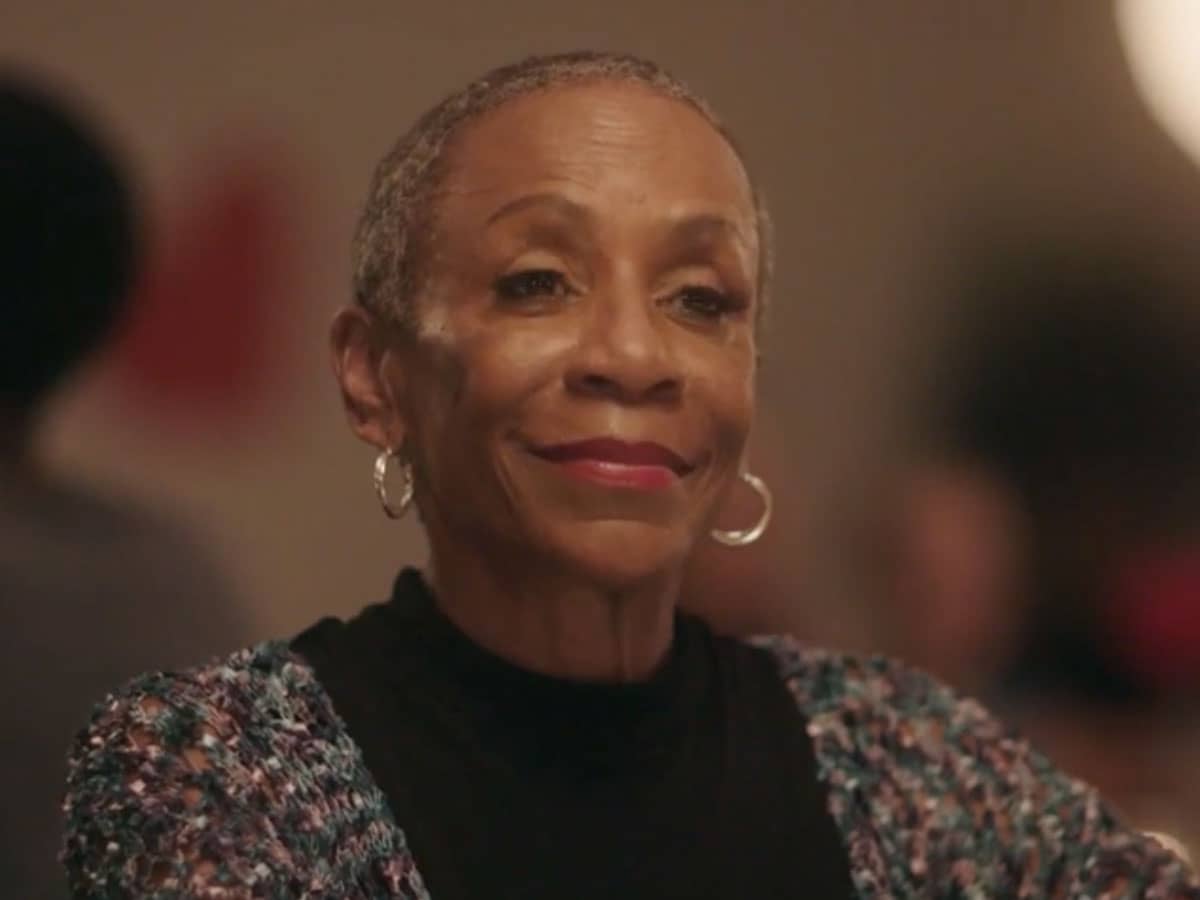In a polarized world where Christians assume Hollywood hates them, where "The Passion of the Christ" provokes a red state-blue state split and is advertised on a NASCAR hood, any screen clergyman who is not depicted as a fiend or idiot will find a grateful audience. For such viewers there's much to like in "Raising Helen": it doesn't have bad language, it does affirm strong parenting, it's got adorable kids, colorful ethnic neighbors, and a turtle. What more do you want?
How about coherence? Though director Garry Marshall commented in an interview, "Editing is everything, I spend all my life in editing," "Raising Helen" feels like it got dropped on the floor and glued back together. Take an early scene, when Helen Harris (Kate Hudson) rushes in late to a birthday party for her older sister Lindsay (Felicity Huffman), at the home of middle sister Jenny (Joan Cusack, who improves every film she's in. She could do this by standing in the back of a theater. If she stood in a restaurant, the food would taste better. Why is there no federal program to clone Joan Cusack?) Here's what I mean by incoherence. Jenny is in the middle of singing "Happy Birthday" to Lindsay when Helen comes in the door. Lindsay jumps up and runs to embrace Helen, leaving Jenny holding the flaming cake. It's clear that Helen is the favorite and Jenny is the outsider, a suburban mom who's not cool enough, not fun enough. The painful snub looks prelude to a theme, so it's a surprise, a few scenes later, to see Jenny give Helen a weirdly obsessive command. Was our sympathy misplaced? Later still Helen calls Jenny a "smug, bitter, colossal bitch," a line we're apparently expected to cheer. With all these mixed signals, just how are we supposed to view Jenny?
And then there's Pastor Dan. John Corbett, previously known as the groom in "My Big Fat Greek Wedding," here portrays the pastor of the Lutheran church where Helen enrolls the kids for school. But his pastoral status has no bearing on the plot; while there's a parade of church-themed jokes, faith plays no part in the story. We see him function as director of the school, but never in worship or spiritual leadership. He could as well have been a lawyer or social worker, except for the clerical collar.
Corbett thought the original script had too many religion-themed jokes-one-liners stacked on each other-and he argued to get many of them deleted. This probably made his character less tiresome, but also made his clerical identity yet more forgettable. The line he most disliked was "I got news for you little lady. I'm sexy. I'm a sexy man of God. And I know it."
"I hated that line," he said. "It's a bad line. I thought, 'Aw, I'm never gonna say this.'" He says he begged them to take it out, but in the end, "You have to say that line. It sorta came out. I wanted it to be done." He found it intensely embarrassing, "Like being a 12-year-old boy in gym class who finds out he has to take a shower."
Hudson is unfailingly adorable, but one last thing bothered me about her character. This is a classic transformation story, where glamorous, fun Aunt Helen is suddenly given the care of her nieces and nephew, and learns she has to grow up. But in a previous generation, Helen would have been madcap, quirky and creative. Now she's just "cool," a category defined by what you consume. We are introduced to Helen's coolness when she brings a recording of Devo's "Whip It" to Lindsay's party, and red plastic hats like those in the video. Helen asks if everyone remembers the video moves and leads the family in a karaoke workout.
Kind of pathetic, isn't it? Before, the cool bohemian aunt would be writing and performing her own music. But Helen is not artistic, she's businesslike. She gets to work on time, manages models efficiently, talks on her cell phone. She's cool because she knows what to buy. At the party someone asks, "Where did you get the red hats?" and she replies, "I found them on the internet." That's what passes for coolness, these days. Whatever other good values this movie is teaching, it's also instructing audiences on the duty now incumbent on all good citizens: buy stuff. And buying stuff is not the same thing as making waves, making social change, or even making music, no matter how cool the stuff.

